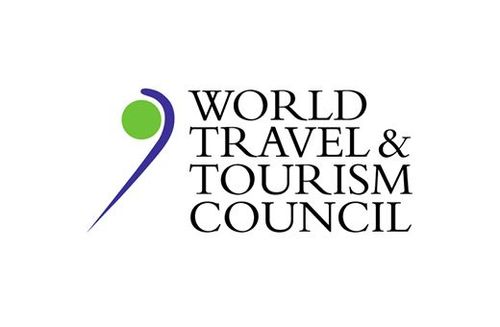Where travel agents earn, learn and save!
News / New report from WTTC and Trip.com Group reveals latest consumer trends and the shift in traveller behaviours
International spending expected to rise 94% in 2022

The World Travel & Tourism Council (WTTC) and Trip.com Group have launched ‘Trending in Travel’, a new report that shows the latest trends traveller behaviour and future booking patterns in the wake of COVID-19.
WTTC, representing the global Travel & Tourism sector, joined forces with leading global travel service provider, Trip.com Group, and its major consumer brands Trip.com, Ctrip and Skyscanner, to analyse consumer trends shaping the recovery of the Travel & Tourism sector.
WTTC’s latest projections show strong growth in international spending for 2022 and beyond, projected to overtake domestic spending in 2022, as more destinations ease restrictions and vaccination rates continue to rise.
Following a 69.4% decline (2020), global international spending on travel is set to rise by 9.3% in 2021, and significantly by 93.8% in 2022.
The report also reveals how severe and confusing travel restrictions around the world drove a significant rise in domestic tourism, with a surge in domestic hotel bookings of more than 200% on Trip.com’s platform this year compared to 2019.
Since the start of the pandemic, mobility restrictions have hindered international travel and, although domestic travel will provide a much-needed boost to the sector, WTTC says the return of international travel is critical to rebooting the global economy.
The report focuses on booking trends, consumer considerations, and consumer profiles. It also features examples of markets whose resilience has provided a platform for the recovery of the Travel & Tourism sector.
The report shows how COVID-19 has changed the way people travel; younger travellers are the first to return to travel; increased demand for longer stays; the importance of fee-free cancellations and the demand for high levels of health and safety checks.
To avoid travel restrictions, travellers are seeking secondary destinations, away from traditional holiday spots, as their destination of choice. This preference positively impacts local communities and livelihoods. According to Trip.com’s hotel booking data, Abu Dhabi (UAE) Chiang Mai (Thailand), Doha (Qatar), Florence (Italy), and Frankfurt (Germany) were the most popular secondary destinations in their respective countries in 2021.
The report goes on to show that, according to Ctrip data, bookings for ‘the great outdoors’ will predominate in the short and medium term. In China – one of the world’s largest travel markets - nature-related attraction bookings have increased by 265% in the first half of this year compared to the same period last year.
The pause in travel has also heightened consumers’ eagerness to travel more sustainably with more than eight out of 10 (83%) global travellers saying they would make sustainable travel a priority in the future.
Reinforcing this long-term trend, since its launch in 2019, the report shows 68 million travellers have opted to book a “Greener Choice” labelled flight on Skyscanner, a comparatively lower-carbon flight choice.
According to the report, 70% of travellers in many major countries such as the U.S., Spain, the UK, Canada, and Japan plan to spend more on travel in 2022 than they have in the last five years, including 2019 - one of the best years on record for Travel & Tourism.
Latest WTTC research shows the global recovery of the Travel & Tourism sector is picking up pace with the sector’s contribution to global GDP projected to rise by 30.7% in 2021 and 31.7% in 2022.











